WRITING IS POWER
Writing is a complex behavior, and teaching writing requires a teacher who is also an experienced writer who can guide novice writers through practiced experiences.
WHY WRITING ?
“Students who graduate from high school with weak writing skills are at a disadvantage in college and the world of work. For instance, writing competence is used by employers to make decisions about hiring and promotion in white-collar jobs, and approximately 90% of blue-collar jobs require some form of writing." (NCOW, 2004, 2005)
WHY READING AND TEXT-IMMERSIVE INSTRUCTION?
All students need a strong reading and literacy background to be successful in life. --The Reading Next Report

all students need a strong reading and literacy background to be successful in life
Reading fosters a sense of grammar, creativity, syntax, diction and sentence structure that helps students develop as writers.
if the student does not read, there is a high chance that he or she will struggle with writing
Reading fluently and well is highly correlated with writing well and fluently.

Enroll in a Tutoring Program Today
LITERACY – THE SUPERPOWER FOR LEARNING AND LIFE
A recent systematic review of research studies finds that tutoring yields large improvements on a variety of outcomes across all grade levels.

COLLEGE PREP – INVEST IN THE FUTURE
Most students are unprepared for college and career-level writing. 2/3 of students do not have the necessary literacy skills for college. Entering college as a strong writer is a prerequisite for success.
Even AP literature courses are limited by the goal to prepare for the AP exam. Researchers identify writing as a key part of college success. Studies reveal that high school students do NOT write enough or with enough rigor for college.
On the NAEP 2011 writing test, only 24% of twelfth graders performed at a proficient level, with a staggering 73% of students achieving basic or below basic levels; a mere 3% of students achieved advanced status (National Center for Education Statistics, 2012).
FOCUS ON YOUR NOW. FOCUS ON YOUR FUTURE.

WRITE LIKE YOUR CAREER DEPENDS ON IT …because it does
• Most careers demand strong skills in writing
• Nearly 2/3’s of employees in professional positions will utilize writing as an aspect of their jobs -- the National Commission on Writing
• Strong writing skills and long-term career success are highly correlated
• The National Commission on Writing found that blue chip businesses now spend $3.1 billion a year on remedial writing training for employees.
Writing is a life skill that will give you a leg up in any situation, from school to career to conversation. Investing in your writing now leads to immeasurable gains in the future.
• Strong writing skills are practiced, refined, and built over time
• Writing well helps you succeed in all school subjects
• Strong writing skills strongly predict college success
• Good writers are in high demand in every career field
• Excellent writers enjoy high levels of career success
THE WRITING CRISIS
The writing crisis looms as one of the largest academic and professional problems facing students and the workforce of the future. The vast majority of high school students are unprepared for the writing and communication challenges of their futures. Most graduating seniors qualify as basic writers, with only a minimal number achieving at a proficient or advanced level, according to national and international assessments.
